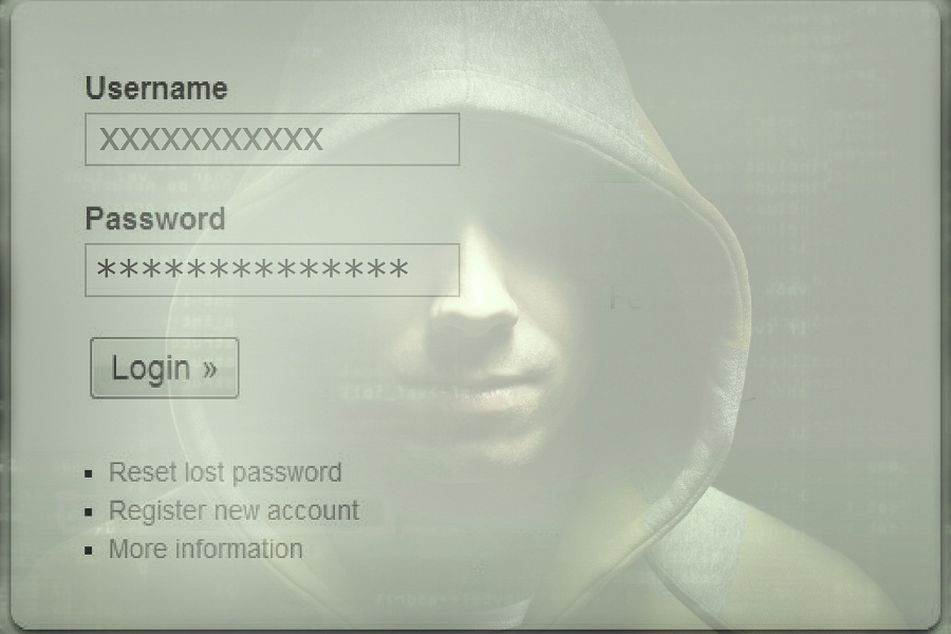What advisers should do after a cyberattack

Hacks are becoming more common, and knowing how to respond quickly is critical.
Advisers beware: Cyberattacks represent a growing trend, but being prepared will help mitigate damage to clients.
Just recently, the United States federal government — both the Internal Revenue Service and the Office of Personnel Management — was the victim of cyberbreaches, compromising the personal data of millions. Advisers, who are the gatekeepers of account-holders’ assets and sensitive information, can be the target of hackers as well.
“Hackings are happening all of the time,” said Sid Yenamandra, chief executive of Entreda, a cybersecurity and risk-management company. “Advisers have a very high responsibility factor to their clients to make sure they safeguard their data.”
According to the Securities and Exchange Commission’s sweep on cyberattacks earlier this year, 88% of broker-dealers and 74% of advisers said they have experienced cyberattacks directly or through their vendors. Most of those incidents were related to malware and fraudulent emails, where hackers tried to transfer client funds.
Even when advisers take great measures to ensure air-tight security, sometimes a cyberattack is unavoidable. So once a breach is uncovered, a few quick recovery steps should be taken.
Change passwords. Although it seems obvious, going into every account an adviser has and changing the passwords is crucial once a breach occurs.
“Precious time gets spent in just trying to figure out what is going on,” Mr. Yenamandra said. “If you’ve been breached, the damage is continuing to happen.”
Investigate, and get help. Before contacting any affected parties, advisers should assess the state of their equipment and accounts, making a copy of all their computer’s files and programs as soon as possible.
Advisers should already have a list of all of the email, software and social media accounts they have control of. They also should check their system for any malware that may have been left behind.
Brian Edelman, chief executive of Financial Computer Services, a company that specializes in cybersecurity, said the first thing advisers should do — after changing their passwords — is contact an attorney and learn their state’s cybersecurity rules.
“The fundamental problem is your knee-jerk reaction and what you should do, [which] are two different things,” Mr. Edelman said. “The knee-jerk reaction is to try and fix it.”
Notify those involved. After the initial steps are handled, advisers should tell their clients of the occurrence and what they can do.
Although it can be a tough conversation to have, being honest and showing clients what steps have been taken to ensure it doesn’t happen again is important, said Arlene Moss, a financial adviser coach with Kimberlite Coaching and Community Strategies. Advisers can come prepared with a list of actions client can take, and also by “just letting your clients know that you’re there for them and you’re going to take care of them no matter what,” she said.
Advisers should notify their compliance offices and the SEC or Financial Industry Regulatory Authority Inc.
Be proactive. The SEC is urging advisers to create cybersecurity plans, which would address the risks of potential breaches. The written, formal document would recommend conducting periodic data assessments, as well as encrypting and backing up sensitive data. According to the SEC’s sweep, 93% of broker-dealers and 83% of advisers have adopted these written policies.
“I would hope they take all of the precautions: firewalls, filters and encryptions,” said Sheryl Rowling, a financial adviser with Rowling & Associates. But hackers, she added, “are becoming more and more aggressive and more and more sophisticated.”
Learn more about reprints and licensing for this article.







